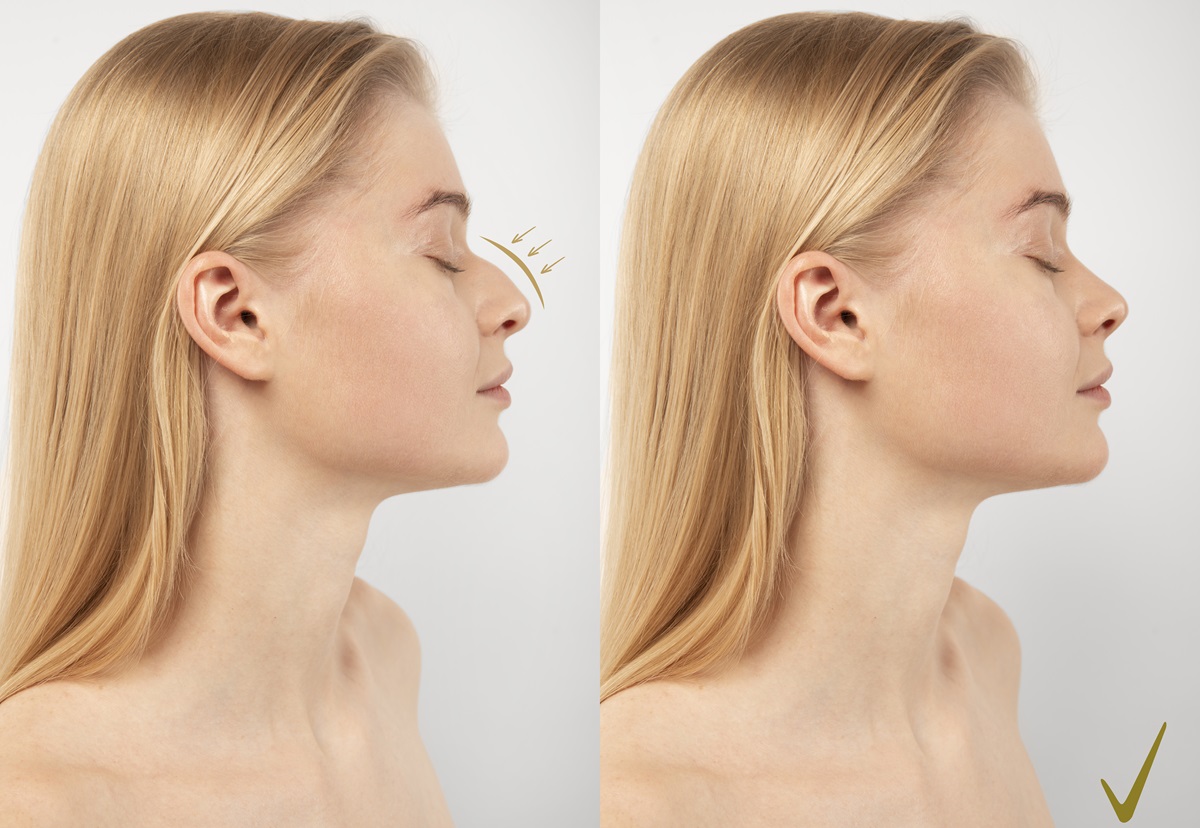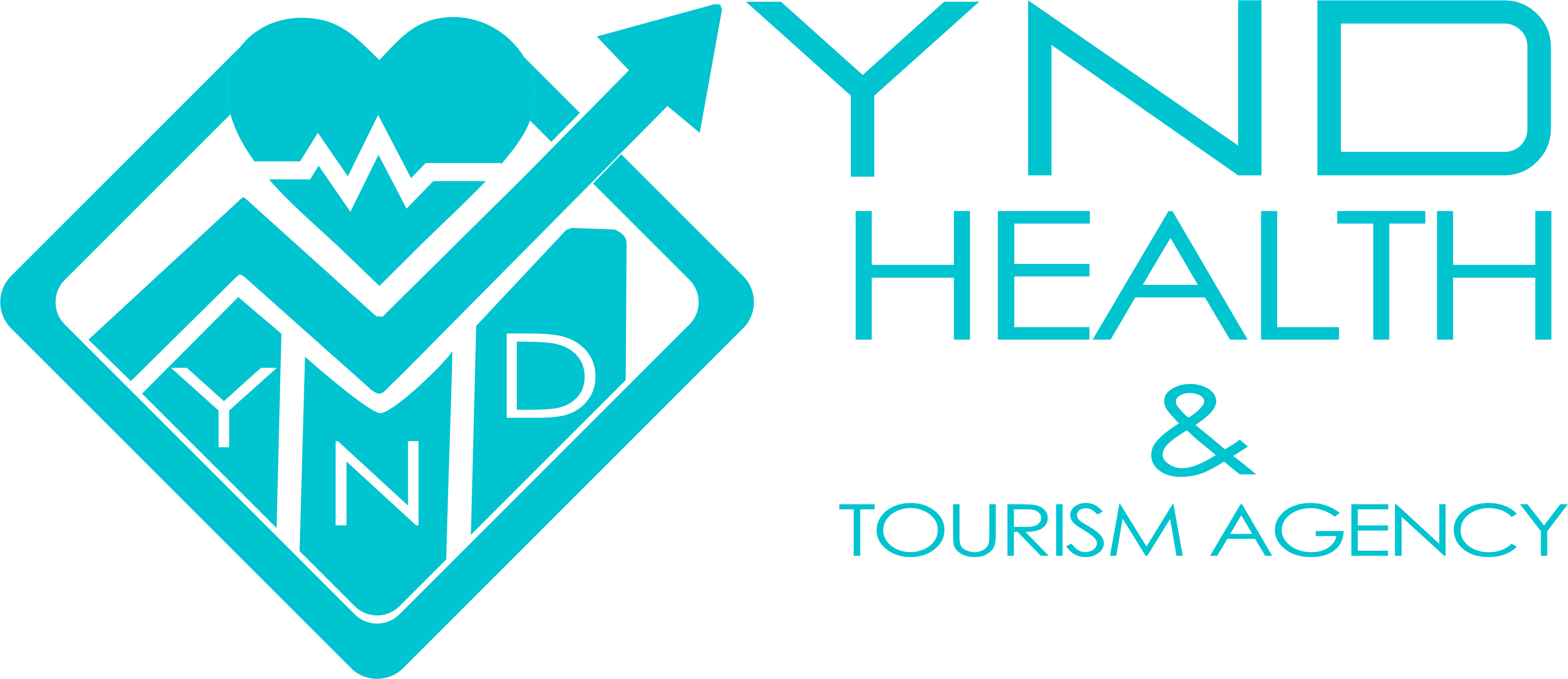Rhinoplasty

Ortalama kalış süresi
Hastanede kalış süresi
Operasyon Süresi
Anestezi Türü
İyileşme süresi
Rhinoplasty in Turkey
Rhinoplasty is a plastic surgery operation that changes the shape of your nose, which is the most prominent feature on your face, to achieve both facial harmony and boost your self-confidence. Rhinoplasty or nose job is one of the most preferred aesthetic surgeries in Turkey. Rhinoplasty can correct the size, width, profile, tip, nostrils and crookedness of your nose. In addition, rhinoplasty can also solve functional problems such as congenital nasal defects, nasal fractures or breathing difficulties.
Who Are Suitable Candidates for Rhinoplasty?
Anyone who wants to have rhinoplasty should be healthy, have completed nasal development and have realistic expectations. Generally, nasal development is completed around the age of 15-16. Therefore, young patients under this age are advised to wait a little longer for rhinoplasty. Rhinoplasty provides you with a natural and aesthetic nose that is compatible with your other facial features. However, rhinoplasty will not completely change your face or create a new life for you. Therefore, you should have realistic expectations for rhinoplasty before and after.
How Is Rhinoplasty Performed?
Rhinoplasty is an operation that can be performed under general anesthesia, as an outpatient treatment or with one night stay. During rhinoplasty, the plastic surgeon makes small incisions inside or outside the nose. Through these incisions, the nasal skin is lifted and the nasal bone and cartilages are shaped as desired. In some cases, additional cartilage may be needed to strengthen or shape the nasal structure. These cartilages are usually taken from the inside of the nose or behind the ear. During rhinoplasty, the plastic surgeon can use one of two techniques: closed rhinoplasty or open rhinoplasty.
Closed Rhinoplasty
Closed rhinoplasty is a technique that is performed with incisions made inside the nostrils. With this technique, no scar remains on the outside of the nose. Closed rhinoplasty is suitable for making small changes in the nasal tip or the nasal bridge.
Open Rhinoplasty
Open rhinoplasty is a technique that is performed with an incision made along the columella, which is the tissue between the nostrils. With this technique, a very small scar may remain on the nasal tip. Open rhinoplasty is suitable for making larger changes in the nasal tip or the nasal bridge.
Rhinoplasty surgery usually lasts 1-2 hours. After the operation, a splint or bandage is placed on the nose. This is necessary to protect the nasal shape and reduce swelling. In addition, tampons may be placed inside the nose. This is necessary to prevent bleeding and support the nasal structure.
Rhinoplasty Recovery Process
- Keep your head elevated: To reduce swelling and bleeding, support your head with a high pillow. Avoid lying on your side and bending your head down.
- Apply cold compress: In the first 48 hours, apply cold compress to the eye area and cheeks. This helps to reduce swelling and bruising.
- Breathe through your mouth: You may experience nasal congestion until the tampons inside the nose are removed. Therefore, you need to breathe through your mouth. To prevent dry mouth, drink plenty of fluids and moisturize your lips.
- Watch out for bleeding: It is normal to have a pinkish discharge from the nose after rhinoplasty. However, if the discharge is red and heavy, notify your doctor. To prevent bleeding, do not blow your nose, scratch or rub it. Also, do not use blood thinners, aspirin, alcohol and cigarettes.
- Do not wear glasses: After rhinoplasty, do not wear glasses to avoid pressure on the nose. If you need to wear glasses, wear them with a band that supports them from the forehead or use contact lenses.
- Avoid sun exposure: After rhinoplasty, the nasal skin becomes sensitive. Therefore, avoid sun exposure and use sunscreen. Sunlight can increase swelling and cause spots on the skin.
- Be patient: After rhinoplasty, it may take up to a year for the nasal shape to fully settle. During this process, there may be minor changes in the nasal shape. This is normal and there is no need to worry. Go to your doctor’s checks regularly and follow your results.
Types of Rhinoplasty
Rhinoplasty is an operation that can be performed with different purposes and techniques. Types of rhinoplasty are:
Revision Rhinoplasty
Revision rhinoplasty is an operation performed for patients who have had rhinoplasty before but are not satisfied with the results or have problems with the nasal structure. Revision rhinoplasty is a challenging type of rhinoplasty. Because, the nasal structure is more complex due to the scars, scar tissues and deformities caused by the previous operation. Revision rhinoplasty is done to correct the nasal shape, improve the nasal functions and give the nose a natural appearance. Revision rhinoplasty can be done at least 6 months after the previous operation.
Reconstructive Rhinoplasty
Reconstructive rhinoplasty is an operation performed for patients who have lost or damaged nasal structure due to trauma, nasal fracture, nasal cancer or congenital anomalies. Reconstructive rhinoplasty aims to restore the nasal structure, regain the nasal functions and give the nose an aesthetic appearance. Reconstructive rhinoplasty usually requires multiple surgical sessions. During reconstructive rhinoplasty, tissue grafts taken from other parts of the body such as ear, forehead or rib can be used to repair the nasal structure.
Septoplasty
Septoplasty is an operation that corrects the curvature or deviation of the septum, which is the cartilage wall inside the nose. The septum divides the nasal cavity into two halves. When the septum is curved or crooked, it can cause nasal congestion, snoring, sleep apnea, headache, nasal bleeding and other problems. Septoplasty straightens the septum and facilitates nasal breathing and eliminates these problems. Septoplasty is usually done under local anesthesia and lasts about an hour. Septoplasty does not change the shape of the nose. However, some patients may have rhinoplasty along with septoplasty to improve both the nasal shape and the nasal breathing.
Ethnic Rhinoplasty
Ethnic rhinoplasty is an operation that patients of different ethnic origins have to improve their nasal shape. Ethnic rhinoplasty performs rhinoplasty while preserving the patient’s ethnic identity. Ethnic rhinoplasty can be applied to patients from different regions such as Africa, Asia, Middle East, Latin America. Ethnic rhinoplasty can make changes such as raising the nasal bridge, defining the nasal tip, narrowing the nostrils, reducing the nasal width. Ethnic rhinoplasty provides the patient with a natural and aesthetic nose that is compatible with their facial features.
Rhinoplasty Cost
Rhinoplasty cost may vary depending on the type, difficulty, technique, experience of the doctor, quality of the hospital and the country where the operation is performed. Turkey offers an affordable and quality option for rhinoplasty. Rhinoplasty fees in Turkey change frequently due to increasing costs. For pricing and other questions, please contact us here. Patients who want to have rhinoplasty in Turkey can get a quality and economical service.
